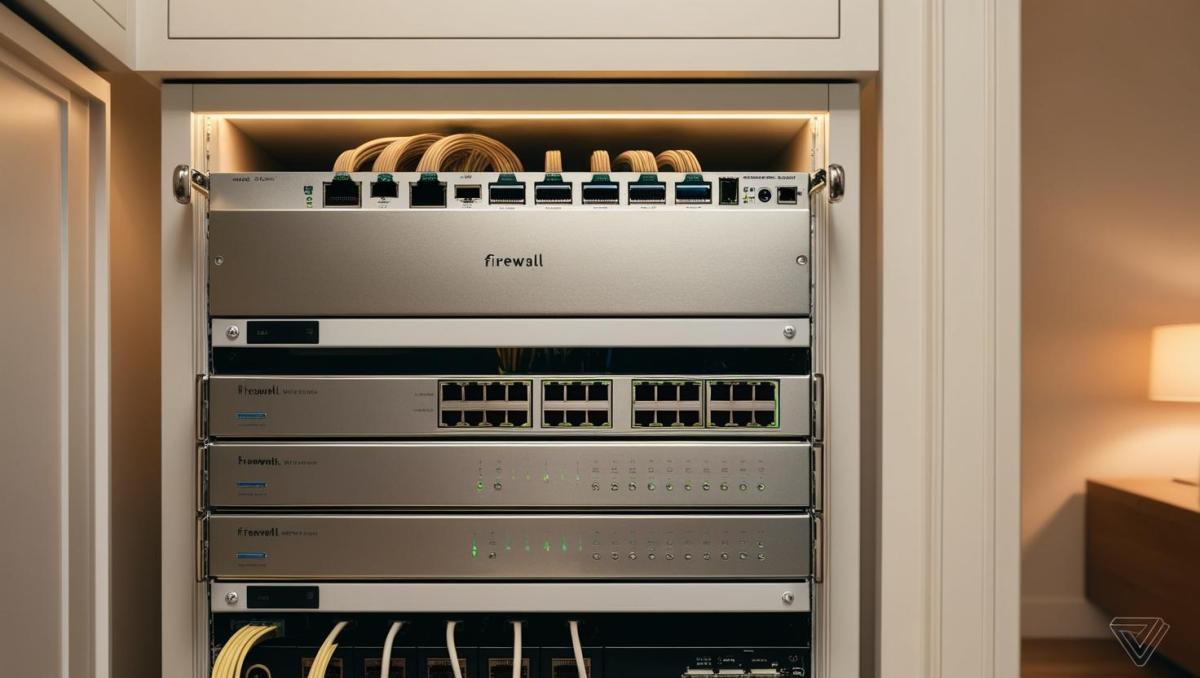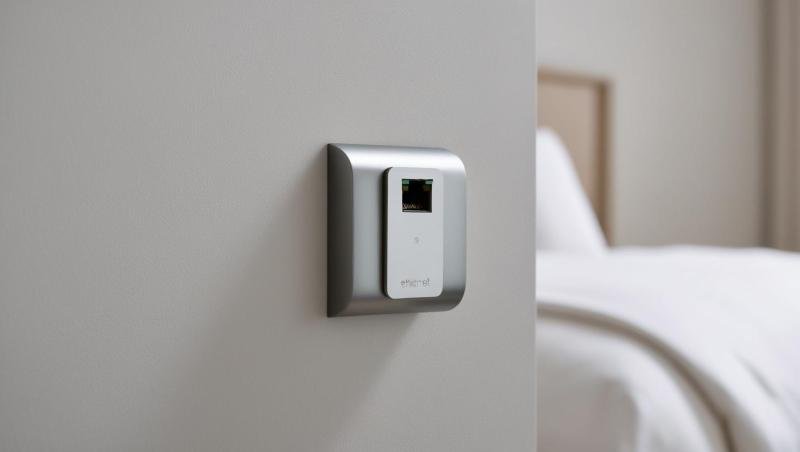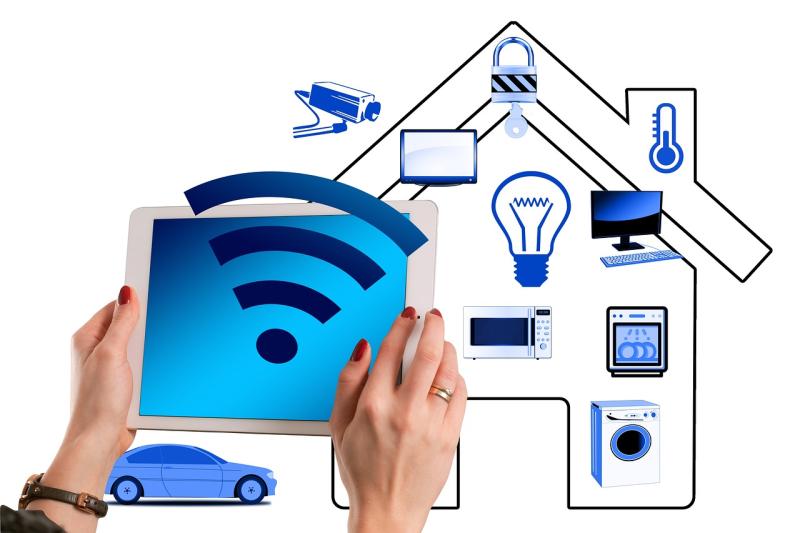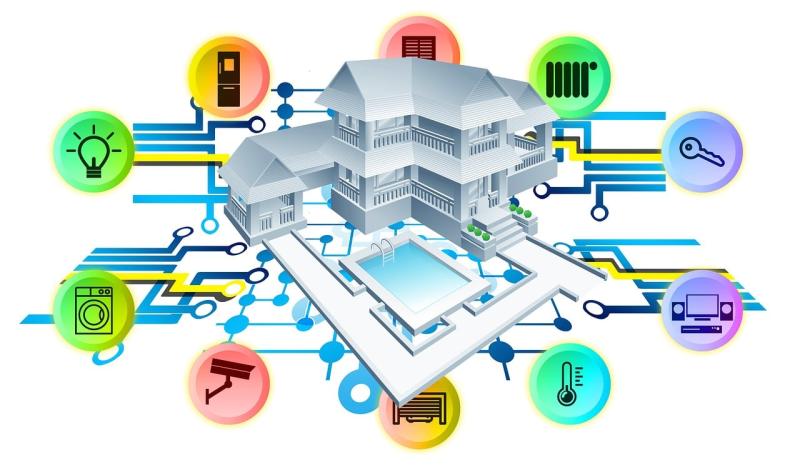Introduction
Your smart home is a technological marvel. From voice-controlled lights to automated thermostats, connected security cameras, and smart appliances - these devices create a web of convenience in your daily life. Yet, this interconnected ecosystem brings significant security risks you can't ignore.
Think of your smart home as a digital fortress. Each connected device represents a potential entry point for cyber threats. A single compromised device can expose your entire network, putting your personal data and home security at risk.
Key Security Concerns in Smart Homes:
- Unauthorized access to security cameras
- Manipulation of smart locks
- Data theft from connected devices
- Control system hijacking
- Privacy breaches through smart speakers
A firewall acts as your home's digital gatekeeper, monitoring network traffic and blocking suspicious activities. It's your first line of defense against cyber threats targeting your smart home devices.
The growing sophistication of cyber attacks makes robust security measures essential. Understanding and implementing proper firewall protection isn't just a technical choice - it's a necessary step to safeguard your smart home investment and personal privacy.
Understanding Firewalls
A firewall is like a security guard for your smart home. It keeps an eye on the network traffic and decides what can come in and go out based on specific security rules. You can think of it as a protective barrier that separates your home network from potential online dangers.
Firewalls work by following a set of guidelines that determine:
- Which devices are allowed to connect to your network
- What kind of data can be transmitted in and out
- Which ports and protocols are permitted to function
- Any suspicious patterns that could indicate a cyber attack
There are two main types of firewalls: hardware and software solutions. Each type has its own specific security purposes and provides different levels of protection for your smart home setup.
Hardware Firewalls
Hardware firewalls are physical devices that create a protective barrier between your internet connection and your home network. These dedicated appliances examine all incoming and outgoing traffic before it reaches any of your smart devices.
A hardware firewall offers several key advantages for smart home protection:
- Centralized Security: One device protects all connected smart home equipment
- Dedicated Resources: Uses its own processing power without affecting device performance
- Network-Level Protection: Stops threats before they reach individual devices
- Advanced Features: Includes intrusion detection, VPN support, and detailed traffic analysis
- Always-On Protection: Provides continuous monitoring without user intervention
Some popular options for hardware firewalls include:
- UniFi Dream Machine Pro
- Netgate pfSense
- Firewalla Gold
- CUJO AI Smart Firewall
These devices usually come with additional security features such as:
- Real-time threat monitoring
- Network segmentation capabilities
- Parental controls
- Quality of Service (QoS) management
- Virtual Private Network (VPN) integration
The effectiveness of a hardware firewall lies in its ability to create a strong defense for your entire smart home ecosystem. By filtering traffic at the network entry point, these devices provide robust protection against various cyber threats targeting your connected devices.
Software Firewalls
Software firewalls operate directly on your devices, providing application-level protection through specialized programs or built-in operating system features. These digital guardians monitor and filter incoming and outgoing network traffic at the individual device level.
Key Features of Software Firewalls:
- Application-specific control
- Real-time threat monitoring
- Customizable security rules
- Individual device protection
Software firewalls excel at detecting suspicious program behavior and controlling which applications can access the internet. They're particularly effective at preventing malware from sending sensitive data to unauthorized servers.
Benefits:
- Cost-effective solution
- Easy installation process
- Regular automatic updates
- Granular control over applications
Limitations:
- Resource consumption on host device
- Limited protection for other network devices
- Vulnerability to system compromises
- Potential conflicts with other software
Popular software firewalls like Windows Defender Firewall and Little Snitch offer robust protection for individual devices. These solutions complement hardware firewalls by adding an extra layer of security focused on application-level threats.
Why Firewalls Are Essential for Smart Homes
Smart homes have gone from being a luxury to a must-have in today's world. On average, a household has 15-20 Internet of Things (IoT) devices, including smart thermostats and video doorbells. While this connected setup offers convenience, it also presents several opportunities for cyber threats.
The Vulnerabilities of Smart Home Devices
Many smart home devices come with:
- Default passwords
- Outdated firmware
- Basic security features
These weaknesses make them easy targets for hackers looking to:
- Access personal information on connected devices
- Use devices for large-scale attacks (botnets)
- Spy on home activities through hacked security cameras
- Gain control over home systems like locks and alarms
The Risks of Unsecured IoT Traffic
A recent study found that 98% of IoT device data is sent without encryption, putting personal information at risk. Here are some potential threats:
- Hackers can manipulate smart speakers to make unauthorized purchases.
- Intruders might gain physical access through compromised security systems.
How Firewalls Can Protect Your Smart Home
Firewalls serve as a protective barrier by:
- Monitoring network traffic for suspicious activities
- Blocking unauthorized access attempts
- Filtering out harmful data packets
- Creating secure zones for sensitive devices
Your smart doorbell may appear innocent, but it could be a pathway into your entire home network. With the right firewall settings, you can stop attackers from taking advantage of these weaknesses by isolating compromised devices and preventing movement within your network.
Enhancing Security with Firewalls
A strong smart home security strategy uses multiple layers of protection. It's like building a digital fortress - each layer makes your defense system stronger.
Multi-Layered Security Components:
- Network segmentation to isolate smart devices
- Regular firmware updates for all connected devices
- Strong, unique passwords for each device
- Virtual Private Network (VPN) implementation
- Guest network setup for visitors
Antivirus software works together with your firewall to create complete security. Your firewall is like a security guard, controlling traffic flow, while antivirus software looks for and removes threats that might get past.
Safe Computing Practices for Smart Homes:
- Enable two-factor authentication when available
- Monitor device activity logs regularly
- Disable unused features and ports
- Change default device passwords immediately
- Review and update security settings quarterly
A practical way to implement these measures is by doing a security check of your current setup. Make a list of all connected devices, find potential weaknesses, and create a plan to fix each weak point. Consider using a password manager to keep strong, unique passwords for all devices. Setting up automated updates ensures your devices get the latest security fixes without you having to do anything.
Conclusion
Your smart home's security needs immediate attention. The increasing sophistication of cyber threats makes protecting your connected devices non-negotiable. A strong firewall is your first line of defense against potential attacks.
Take action today:
- Install a dedicated hardware firewall
- Keep your software firewalls updated
- Review your network security settings regularly
- Educate household members about cybersecurity practices
The future of home automation brings exciting possibilities - and new security challenges. As smart devices become more integrated into our daily lives, the importance of comprehensive cybersecurity measures grows. Your proactive approach to implementing strong firewall protection safeguards not just your devices, but your family's privacy and safety in an increasingly connected world.
Consider investing in a reliable antivirus software that can detect and neutralize potential threats. Regularly updating your devices' operating systems and firmware will ensure you have the latest security patches. Additionally, enabling two-factor authentication for all your smart devices adds an extra layer of protection, making it harder for unauthorized individuals to gain access. Remember, cybersecurity is an ongoing process, so stay vigilant and stay informed to keep your smart home safe.



